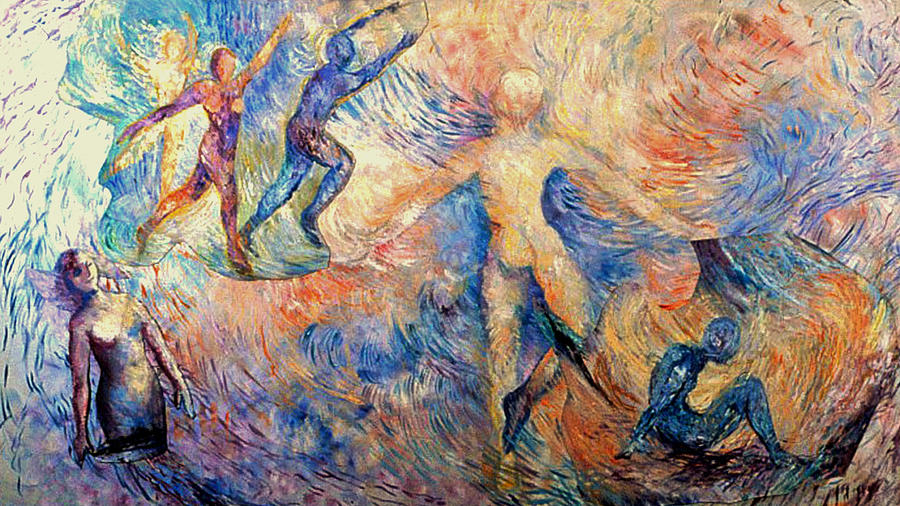On Transformations
I love seeing transformations.
Whether it’s a caterpillar becoming a butterfly, a baby learning to walk or a couple falling in love, there is something beautiful about the slow growth that comes with experience. You see them levelling up and experiencing life, evolving in the process.
One of the reasons I love to teach is because you see so many transformations every week. In a lightbulb moment, the student that logged onto the zoom call is entirely different to the one that will log off. They see the world differently; their brains aren’t wired quite the same way. I love being a part of that.
My obsession goes for not-so-nice transformations as well, like the decay into old age, the stress of losing a loved one or drug-induced moments of mania. While not as heartwarming, the change one undergoes in these moments of pressure still fascinates me. Stress is often wonderful fertilizer for change and revelations.
This is why medicine is such an interesting field to me. When talking to patients, you often meet them in a uniquely vulnerable time, where immense change is happening in their lives. You don’t go to the hospital for a band-aid; you often are in a period of serious stress. You follow them through their journey and become a part of it yourself. Through conversations, you hear their transition from a normal life to one with disease, and you see the growth within them required to endure the situation. Yes, it is hard to watch patients suffer. But you know that by the end of it, this experience will leave a notable mark on their life.
Some of my saddest moments are when I realise an old friend is eerily similar to how I remember them. Their mannerisms are the same; their values haven’t shifted; they make the same jokes. You expect them to retain some familiarity of course, but the beauty of catchups is to see how your friends are growing alongside you. You want to learn from them, be inspired by them and encourage them more.
Those who never change make me sad at all the beauty they are missing out on.
From Dr. Steve Maraboli:
Look around you. Everything changes.
Everything on this Earth is in a state of continuous state of evolving, refining, improving, adapting, enhancing… changing.
You were not put on this Earth to remain stagnant.

